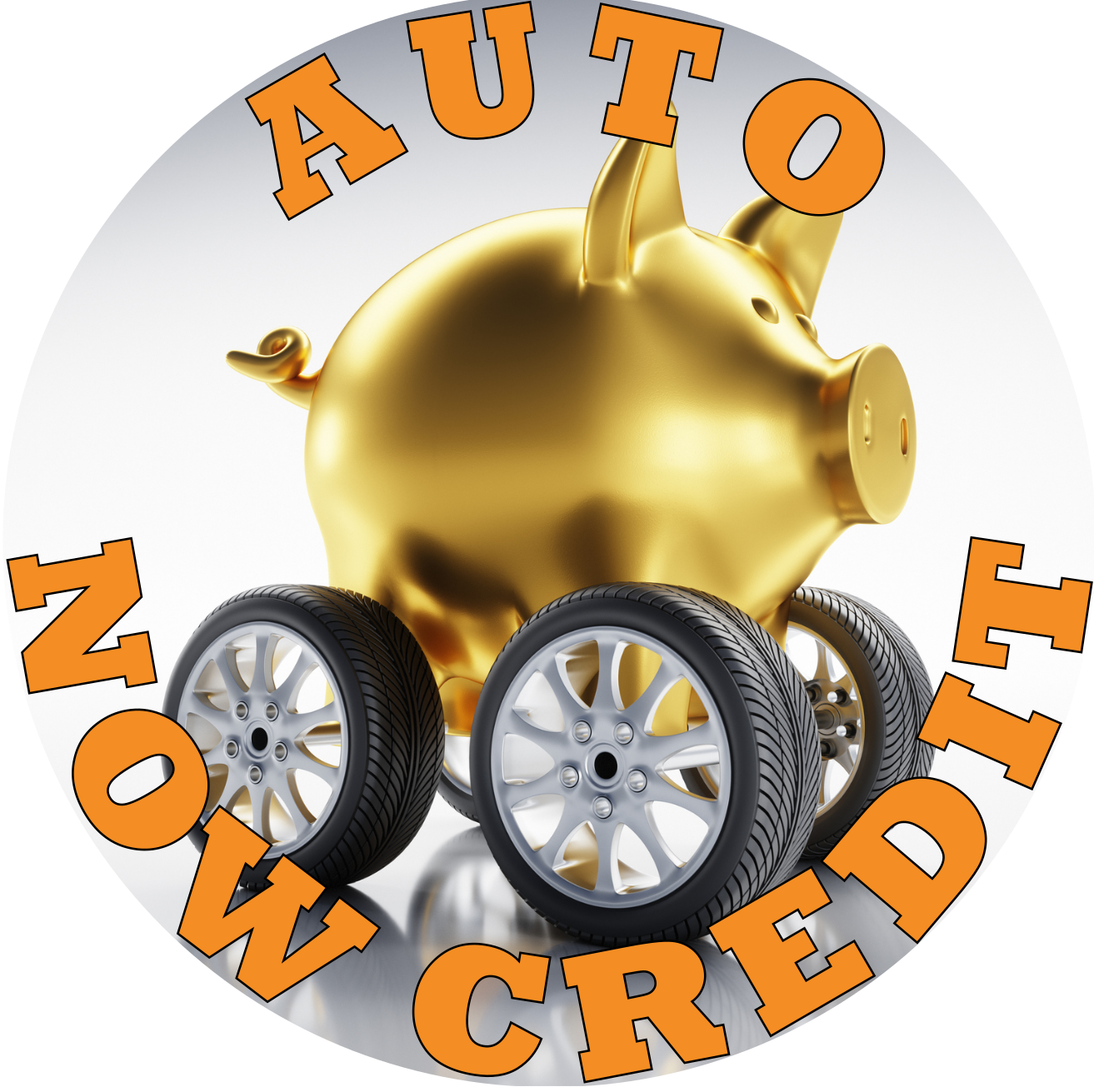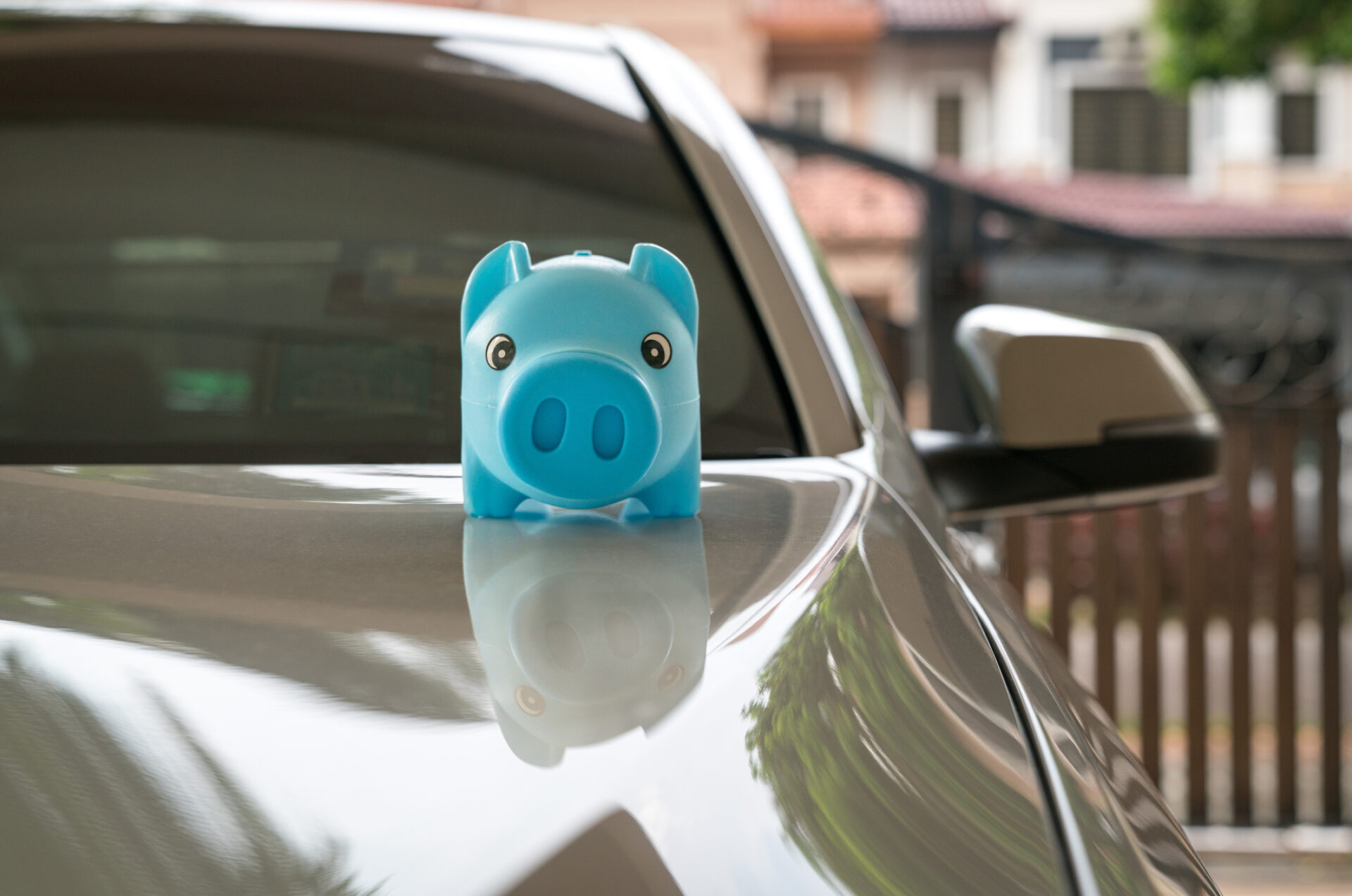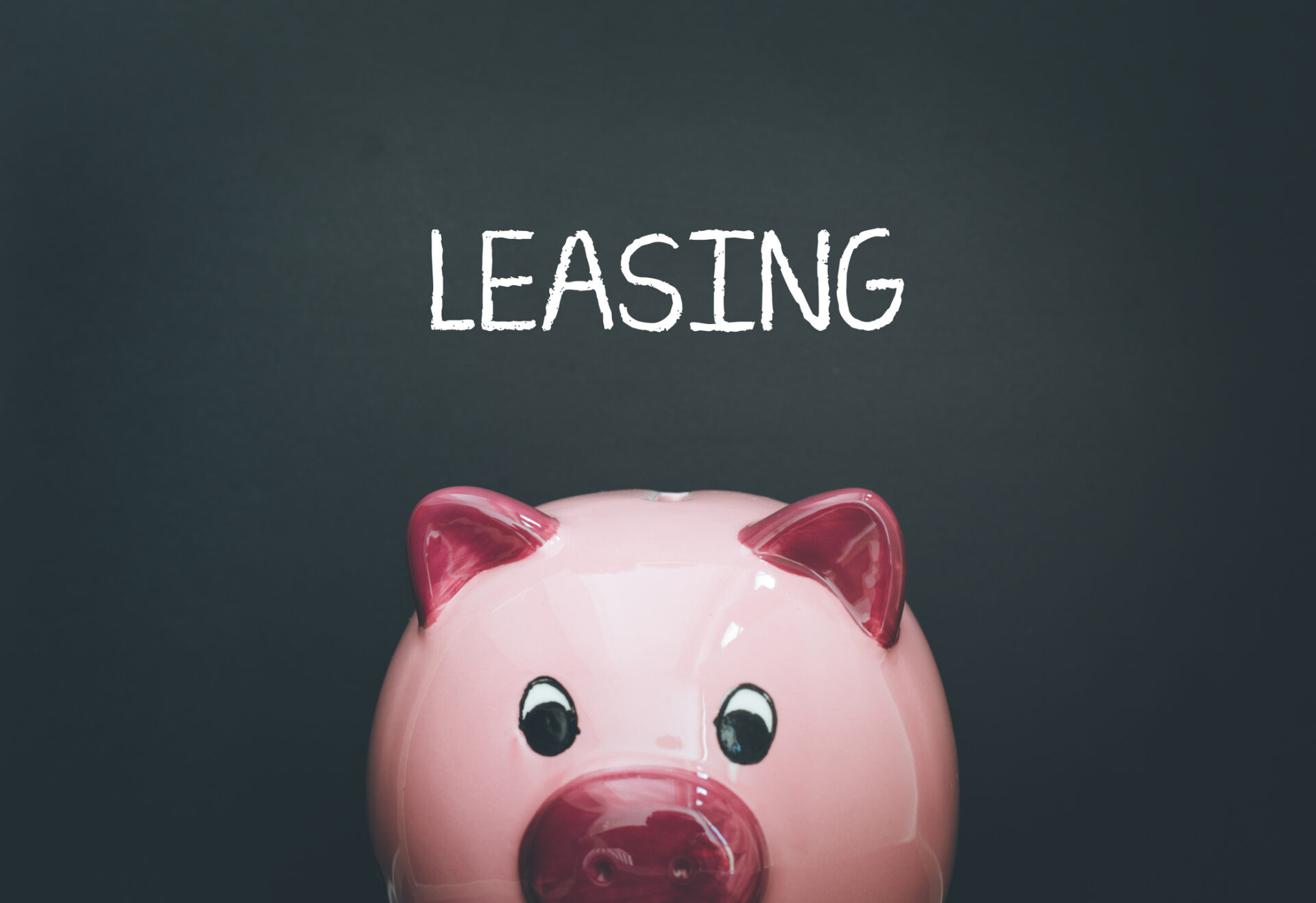Table of Contents
Are you in the market for a new vehicle but hesitant to put your prized possession on the line as collateral? Unsecured car loan might be the answer you’re looking for. In this article, we’ll delve into the world of unsecured car loans and uncover their benefits and drawbacks. As we explore this financing option, we’ll also touch upon the specifics of how unsecured car loans work.
An unsecured car loan is a type of personal loan that does not use the car you are buying as collateral for the loan. This means that if you stop making payments on the loan, the lender cannot repossess your car. However, they can report your default to the credit bureaus and sue you for the outstanding amount. An unsecured car loan is usually offered by online lenders, peer-to-peer lenders, or brokers.
How does an unsecured car loan work?
Once you have found a suitable vehicle and a lender, you can apply for the loan online or over the phone. You will need to provide some personal and financial information, such as your name, address, income, expenses, assets, liabilities, and credit score. The lender will then review your application and perform a credit check to decide whether to approve your loan and at what interest rate.
If your application is approved, you will receive a loan contract that specifies the amount you can borrow, the interest rate, the fees and charges, and the repayment schedule. You will need to sign the contract and return it to the lender electronically.
The lender will then deposit the funds into your bank account or send them directly to the seller of the vehicle. You will then become the owner of the vehicle, but you will still owe money to the lender until you pay off the loan in full.
What are the benefits of an unsecured car loan?
- No risk of losing your car - The main benefit of an unsecured car loan is that if you stop making payments on the loan, the lender cannot repossess your car. However, this does not mean that you can default on the loan without consequences, as the lender can still damage your credit score and take legal action against you.
- Lower fees and charges - Because an unsecured car loan does not involve any collateral or security, it may have lower fees and charges than a secured car loan. For example, you may not have to pay any registration fees, valuation fees, or early repayment fees.
- More choice of cars - Because an unsecured car loan does not have any restrictions on the type and value of the car you can buy with it, you may have more options when shopping for a vehicle. For example, you can buy any new or used car that suits your needs and preferences.
What are the drawbacks of an unsecured car loan?
- Higher interest rate - Given the increased risk of potential money loss if you default, the interest rate might be higher than that of a secured car loan. This could lead to more interest expenses over the loan's duration.
- Lower borrowing amount - Due to reduced security on the loan, the borrowing limit might be lower for unsecured car loans. This could hinder your ability to purchase a pricier or newer vehicle.
- Shorter repayment term - With uncertainties surrounding repayment capabilities, the repayment term could be shorter than for secured loans. This might result in heftier monthly payments, making them harder to manage.
- Harder approval - Primarily basing their decision on your credit history and score, approval might be more challenging if you have a less than stellar credit background or a lower income.
FAQ
What is an unsecured car loan?
An unsecured car loan is a type of personal loan that does not require the car you’re purchasing as collateral. Unlike secured loans, there’s no asset backing the loan, which means lenders don’t have a straightforward way to recover their funds if a borrower defaults.
How do I qualify for an unsecured car loan?
To qualify, you typically need to have a strong credit history and score. A stable income and a low debt-to-income ratio also play crucial roles in the eligibility criteria.
How do I apply for an unsecured car loan?
Applications can generally be made online During the application process, you will need to provide personal and financial information, such as your income, expenses, and credit score.
What are the benefits of an unsecured car loan?
Key benefits include
- No risk of losing your car to repossession.
- Potentially lower fees and charges compared to secured loans.
- Flexibility to choose any vehicle without restrictions.
What drawbacks should I be aware of?
Some disadvantages are
- Typically higher interest rates.
- Lower borrowing amounts.
- Shorter repayment terms.
- Stricter approval requirements, especially if you have a bad credit history or low income.
How do interest rates compare between unsecured and secured car loans?
Given the absence of collateral, unsecured loans often come with higher interest rates than secured loans.
Can my borrowing amount be limited with an unsecured car loan?
Yes, due to the lack of collateral, the lender might offer a lower borrowing amount than with secured loans.
How does repayment work for unsecured car loans?
Repayment terms might be shorter for unsecured loans. This can result in higher monthly payments, making it essential for borrowers to assess their ability to manage these repayments.
How does my credit history affect my loan approval?
Your credit history and score are vital for loan approval. A less than favourable credit background or lower income can make it challenging to get approved for an unsecured car loan.


